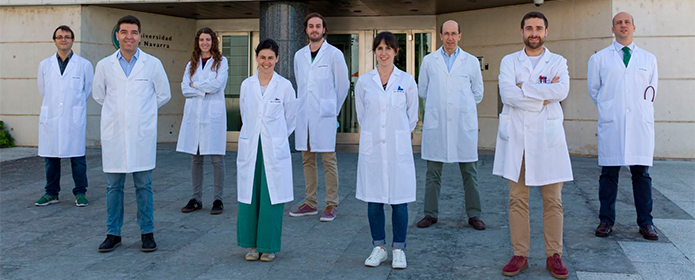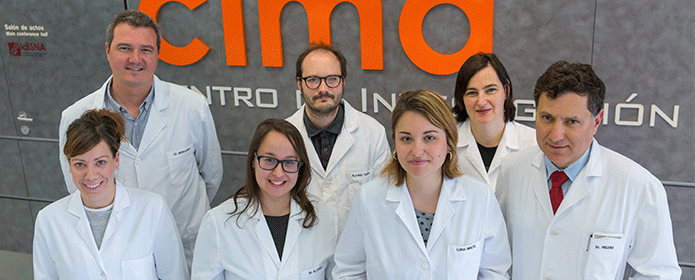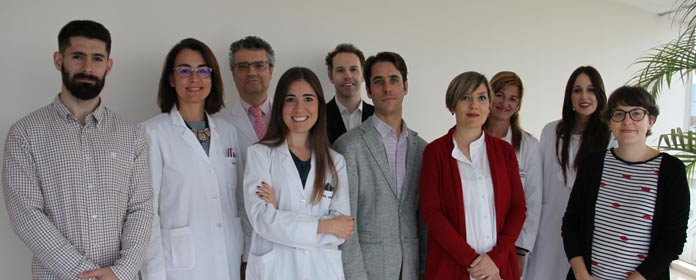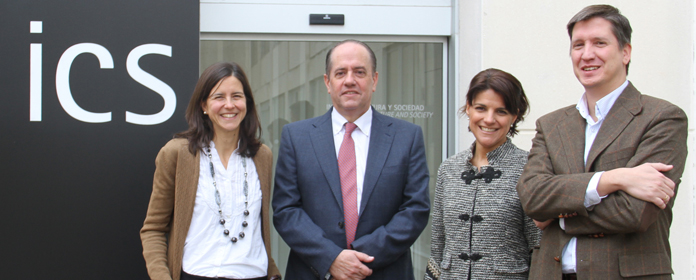The message conveyed by palliative care professionals can help to combat myths about palliative care. discipline
A study led by the University of Navarra detects common values: the well-being of the patient as the center of care and the importance of the patient as a person and his/her family.

PHOTO: Manuel Castells
The message that palliative care professionals convey in their daily interaction with patients and caregivers financial aid to combat myths and better understand this discipline. This is the conclusion of a study led by the group of research ATLANTES of the Institute for Culture and Society (ICS) of the University of Navarra, attached to the Instituto de research Sanitaria de Navarra (idiSNA).
Three care teams from three Spanish regions conducted 242 hours of participant observation. Field notes and informal conversations with professionals were recorded and a reflective diary was used to mature the observation process and track analytical concepts. This is explained by the authors of article, Carla Reigada, Carlos Centeno and María Arantzamendi.
The work highlights the importance of explicitly naming and arguing the purpose of palliative care and its usefulness. The researchers detected three central messages that the professionals of this specialization program implicitly or explicitly convey in their day-to-day internship .
A common culture, based on the same valuesFirst, they present themselves as a team multidisciplinary that works to meet the patient's needs. "They convey in a direct way that they can help control symptoms during acute situations and prevent possible future situations," says Carla Reigada, who assures that the expression "we are here so that you don't have pain" is often heard.
Secondly, they want to get to know the patient as a person, and to this end they facilitate conversations with the patient to listen to his or her story and understand him or her. Carlos Centeno explains that "the attitudes of the professionals aim to care for the patient throughout the course of the disease, to establish a therapeutic relationship, staff and professional, based on trust and dedicated time".
And third, they proactively try to know more about the family and its status to support its members. From agreement with María Arantzamendi, "the professionals show a availability to help the family members in everything they need. The ultimate intention is to intervene and reduce everyone's suffering and make both physical and emotional pain tolerable".
Thus, the researchers of group ATLANTES of the ICS perceive a common culture, based on the same values that are reflected in the messages of the healthcare workers, transmitted through availability and acceptance towards the sick person. They suggest that the findings are potentially transversal to other European countries.
The article has been published in the journal BMC PalliativeCare, published by the prestigious academic publishing house Springer. An executivesummary has also been prepared in Spanish, English and Portuguese to disseminate the findings among specialized professionals.




